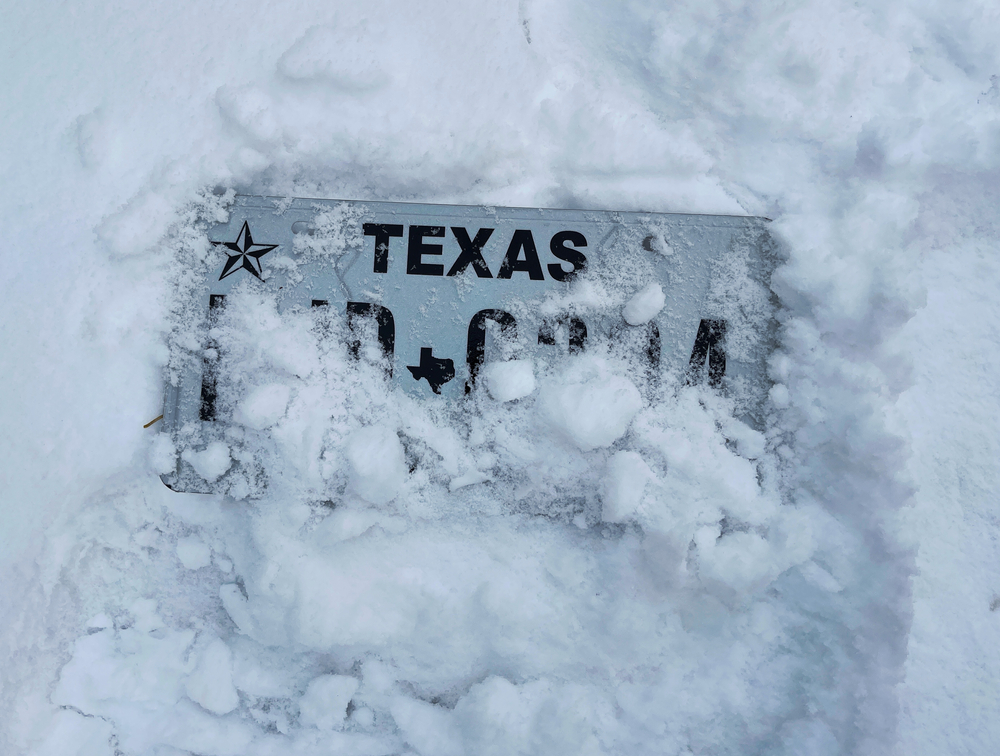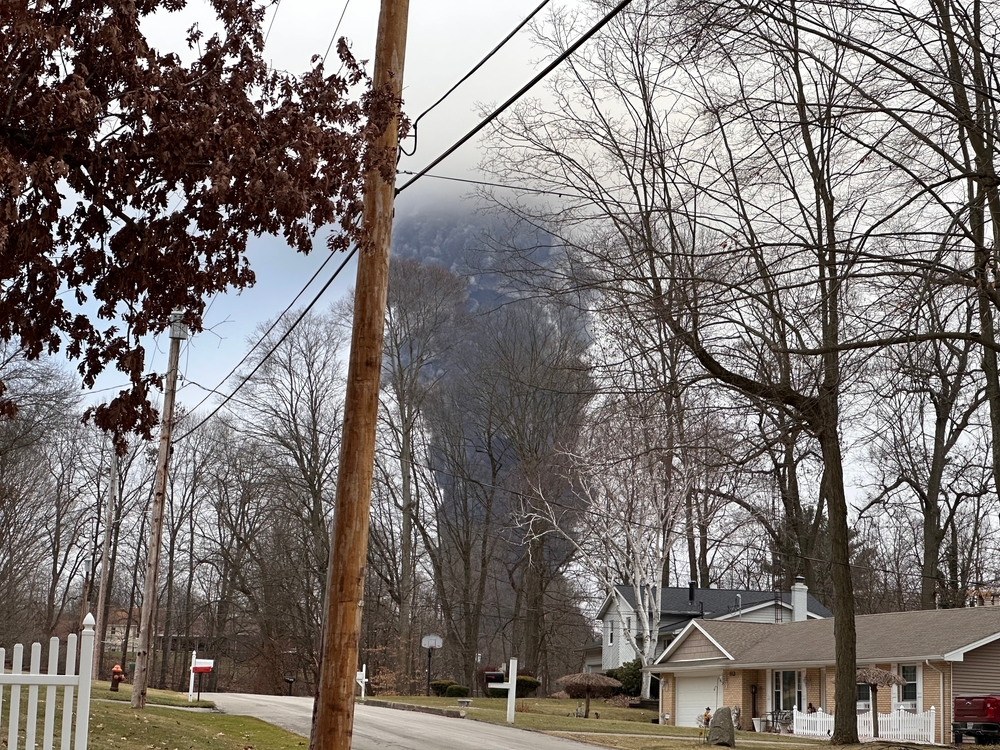For a week in February, Winter Storm Uri caused snowfall, ice and freezing temperatures across Texas and surrounding states. As a result of the weather conditions, the Texas power grid failed, and rolling blackouts caused widespread property damage in Texas’s 254 counties. As Texans began to thaw and survey the extent of the damage, many residents want to hold someone responsible.
Lawsuits are being filed due to the winter storm causing property damage, personal injury, loss of life, business interruptions and more. Here are some of the lawsuits currently being filed in Texas courts related to Winter Storm Uri.
Griddy Class Action
A Texas woman filed a lawsuit after she received a bill from Texas electricity company Griddy for over $9,300. Used to paying an average electricity bill between $200-250 per month, Lisa Khoury contacted the Potts Law Firm in Houston to pursue a class-action lawsuit.
This lawsuit alleges that Griddy violated the Texas Deceptive Trade Practices Act and is seeking more than $1 billion in damages. The class-action lawsuit would cover all Texas Griddy customers who received “excessive charges” after the winter storm.
ERCOT and CenterPoint
After the death of 95-year-old Doyle Austin, his daughter filed a lawsuit against ERCOT and CenterPoint - Houston’s main utility provider. His family stated that the 95 year old was in good health, but when his home temperature plunged to the 40s, he died from hypothermia, with one of his daughters discovering his body.
The family’s attorney Larry Taylor with The Cochran Firm Texas, said that ERCOT and CenterPoint are responsible for Austin's death because they failed to plan for February’s winter storms. Despite a federal investigation in 2011, ERCOT failed to implement recommendations from the investigation. The lawsuit alleges that both ERCOT and CenterPoint failed to manage the rolling blackouts when the power grid began to fail.
Taylor will also be examining whether low-income families and communities of color were disproportionately affected by the power outages.
ERCOT and Entergy Texas
A similar lawsuit was filed in Dallas County. The family of a Conroe boy who died in his home during Winter Storm Uri is suing ERCOT and Entergy Texas for $100 million. The lawsuit alleges that the 11-year-old boy would not have died in his house had Entergy Texas and ERCOT protected the power grid against winter-like conditions and warned consumers of the risk of the power grid failing because of this storm. This lawsuit accuses ERCOT and Entergy Texas of negligence and gross negligence.
As an independent power grid, ERCOT was not legally obligated to winterize its grid. "Just because it is not legally required to do so, does not mean that failing to do so is reasonable behavior," the lawsuit alleges. "ERCOT failed all Texans, and allowed providers to fail Texans."
American Electric Power & ERCOT
On February 18, a Dallas-based law firm, Fears Nachawati, filed a lawsuit against American Electric Power (AEP) and the ERCOT in Nueces County. This lawsuit alleges that both organizations should be held responsible for property damage and interruptions to businesses due to the power outages.
The lawsuit charges that both companies failed to ensure the power infrastructure would perform normally when there was a spike in energy use. This lawsuit claims that both organizations didn’t take action when the systems began to fail.
“Texas had practically identical failures in 1989 and 2011 that resulted in exhaustive reports and recommendations,” said Fears Nachawati trial lawyer Patrick Luff. “This was an emergency solely because of a failure to plan and learn previous lessons.”
The most significant barrier facing these lawsuits is ERCOT claiming a status of sovereign immunity. Sovereign immunity protects government entities from being sued for carrying out governmental functions.
Harris County attorneys filed resilience to the ERCOT’s claim of sovereign immunity, urging the Supreme Court of Texas to revoke the ERCOT’s protected status. In the legal brief, attorneys for Harris County claim ERCOT "would try to use a finding of immunity in the underlying case to avoid liability in all future cases-and that risk warrants serious consideration."
The Supreme Court of Texas will be issuing a decision on ERCOT’s sovereign immunity status later this year. If ERCOT loses its status, it will be vulnerable to widespread lawsuits and responsible for paying damages - a move that could cripple the agency.
If ERCOT retains its sovereign immunity status, there are still legal avenues to explore for those wishing to sue, including the Texas Tort Claims Act, which would cap monetary damages, and the Texas Constitution, specifically Section 17 and generally known as the “taking clause.”














